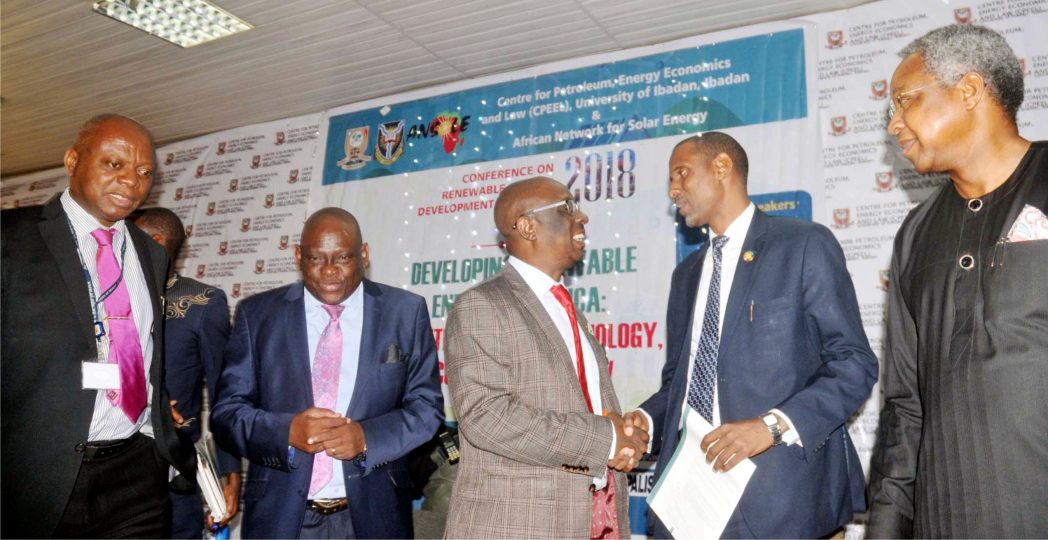Business
MAN Wants LASG To Reverse New Land Law

The Manufacturer Association of Nigeria (MAN) has appealed to the Lagos State Government to reverse its current increment of land use charges to ensure the survival of the manufacturing sector.
MAN President, Dr Frank Jacobs made the plea in an interview with newsmen in Lagos, yesterday.
Jacobs said that the sudden rise in the land use charges in the state could lead to the collapse of the already burdened manufacturing sector.
Lagos State Government had recently repealed its 2001 Land Use Charge Law and replaced it with a new Land Use Charge Law, 2018 to increase its internally generated revenue and continue to expand its tax base.
The state government had explained that the recent increase in the land use charge would provide more resources to the state to provide social services and infrastructure to the benefit of the general public.
It also extended the period for the payment of all annual Land Use Charge (LUC) Demand Notices for 2018, to Saturday, April 14, 2018.
This is to enable Property Owners and affected occupiers to take the option of enjoying the discounts available for the prompt and early payment of LUC invoices.
However, controversy had trailed the review of the land use charge as the Organised Private Sector (OPS) rejected the newly passed LUC Law, vowing to fight the law with every legal means at its disposal.
Jacobs said that the state government ought to have consulted widely before considering the implementation of the new charges law.
“The stakeholders in the manufacturing sector were not carried along adequately before the execution of the policy as the sector is already contending with a lot of challenges.
“One of the challenges of this policy is that, if allowed to stand, other states in the country will soon begin their own increment of the land use charges,’’ he said.
The MAN president said that the increase, if not reversed, would also make the cost of finished commodity to be too exorbitant for Lagosians to afford.
“The new charges can make our locally produced commodities to be too expensive compare to imported products.
“The new charged negates the Federal Government’s initiatives for the spread of locally manufacturing companies in the country,’’ he said.
Business
Fidelity Bank To Empower Women With Sustainable Entrepreneurship Skills, HAP2.0
Business
President Tinubu Approves Extension Ban On Raw Shea Nut Export
Business
Crisis Response: EU-project Delivers New Vet. Clinic To Katsina Govt.
-

 Education5 days ago
Education5 days agoElga boss tasks law students on academics strides
-

 News2 days ago
News2 days agoAmend Constitution To Accommodate State Police, Tinubu Tells Senators
-

 Politics2 days ago
Politics2 days agoSenate Urges Tinubu To Sack CAC Boss
-

 News2 days ago
News2 days agoDisu Takes Over As New IGP …Declares Total War On Corruption, Impunity
-
Business2 days ago
President Tinubu Extends Raw Shea Nuts Export Ban To 2027
-
Business2 days ago
Crisis Response: EU-project Delivers New Vet. Clinic To Katsina Govt.
-
Business2 days ago
President Tinubu Approves Extension Ban On Raw Shea Nut Export
-

 Business2 days ago
Business2 days agoPENGASSAN Rejects Presidential EO On Oil, Gas Revenue Remittance … Seeks PIA Review

